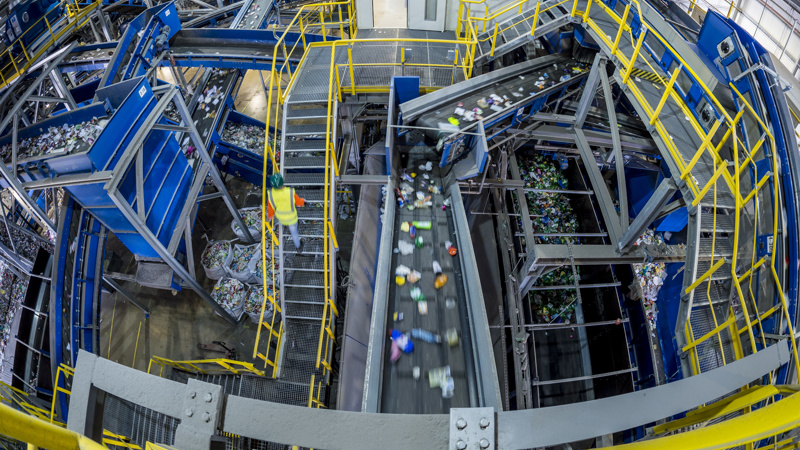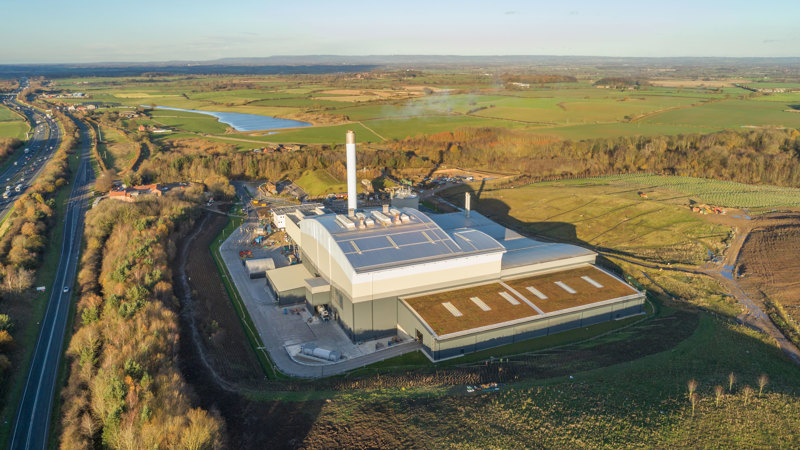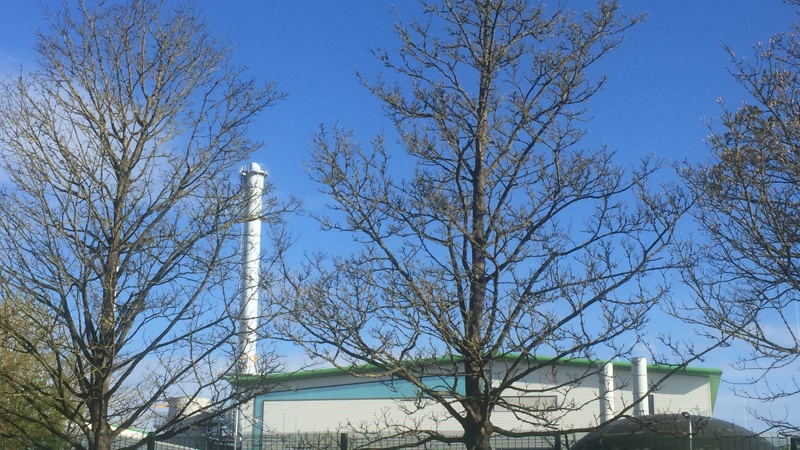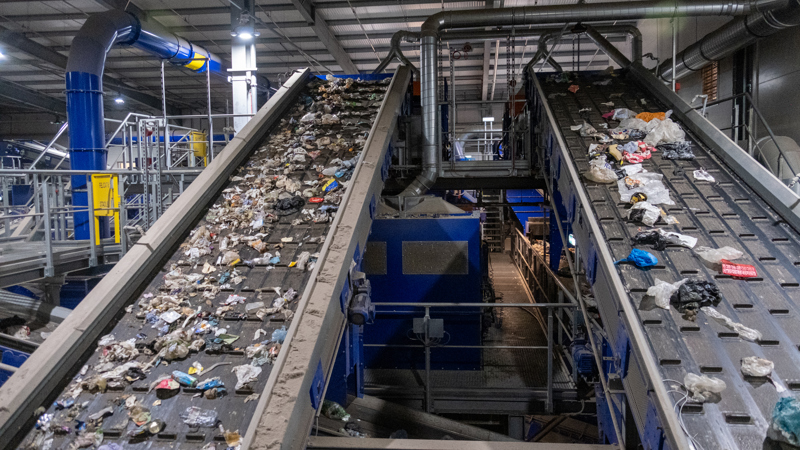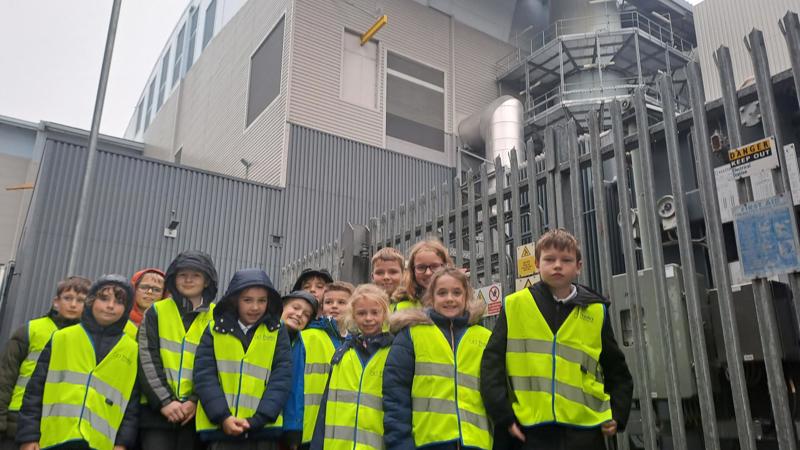Composting at Waterbeach
Thalia Waste Management operates two different composting systems at it's Waterbeach Waste Management Park:
Open windrow composting: This type of composting is for garden waste, shrubs and trees only (it doesn’t involve food waste) and is very similar to making a compost heap in your own garden! Each year we produce around 7,000 tonnes of soil conditioner through open windrow composting.
Most of this started out as garden waste which was dropped off at our Household Recycling Centres by residents, while some of it comes from private businesses such as tree surgeons, landscape gardeners, grounds maintenance contractors and also some council parks departments.
The open windrow composting process involves shredding the garden waste before placing it into windrows – these are shaped like a giant Toblerone and ensure air can get into the compost, while keeping out rain. As natural bacteria break down the garden waste they generate heat and the hotter it gets the faster they work. The inside of a windrow gets up to 55°C!
After being turned over a period of 12 weeks, the composting process is complete. The soil conditioner which is produced is now ready for use and the vast majority goes to local farmers and landscape contractors, who can come to our Waterbeach Waste Management Park and collect it throughout the year.
In-vessel composting: This process is for organic materials that include kitchen waste and mixed garden waste or waste that has been in contact with food. We take all of the mixed food and garden waste collected by district councils in Cambridgeshire, as well as similar waste which we collect from local schools, pubs, businesses and restaurants.
This is turned into around 35,000 tonnes of soil conditioner each year. This conditioner can be dug into any garden or allotment and will add slow-release nutrients to the soil, providing humus to improve soil structure and water retention.
In-vessel composting is much more controlled than windrow composting and more tightly regulated. This is because our in-vessel composting system can treat all kitchen waste; meat, fish or vegetables (cooked or uncooked) so we have to follow strict processes to ensure it is composted properly and does not carry any diseases.
Our in-vessel composting process follows European Animal By-Products Regulations, which mean it has been treated in a suitable and safe way.
Free soil conditioner: Did you know you can collect some of the soil conditioner we produce through our composting processes – and it’s free at our Waterbeach, Alconbury and March sites!
Simply come along with a spade and a bag and you can help yourself. You collect your own soil improver from:
- Waterbeach between 7am and 4:30pm Monday to Friday and 7am to 11:30am on Saturdays.
- Alconbury and March Waste Transfer Stations, you can collect it from 8am to 4pm Monday to Friday.
If you cannot make it to any of these sites to load your own soil conditioner, then it can be purchased for £2.50 a bag at the Household Recycling Centres (apart from Milton).
Please note that - in line with Animal By-Products Regulations – soil conditioner may only be spread on land provided that following the spreading:
- Pigs are excluded from the land for two months
- Other farmed animals are excluded from the land for three weeks
- Crops taken from the land within two months are not fed to pigs
- Crops taken from the land within three weeks are not fed to other farmed animals.


